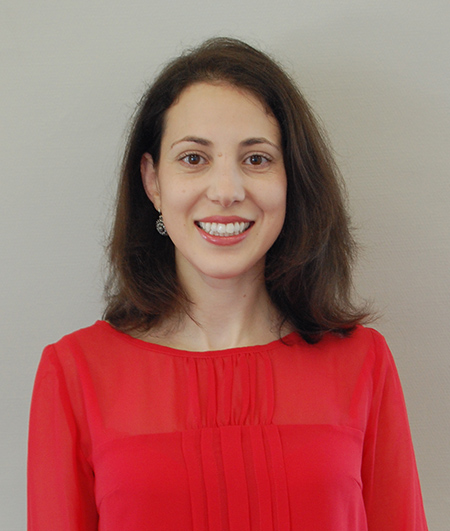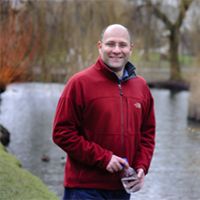Webinar | Pharmaceutical pollution - the need for sustainable procurement
 Webinar | Pharmaceutical pollution - the need for sustainable procurement
Webinar | Pharmaceutical pollution - the need for sustainable procurement
According to a recent German Environment Agency report, approximately 4,000 active pharmaceutical ingredients (APIs) are being used in pharmaceuticals (i.e. medicinal drugs), be they prescription, over the counter, or for veterinary use.
Residues of these APIs can enter the environment during the production, consumption, and disposal of pharmaceuticals. Scientists say that the APIs of everyday medicines are entering waterways and reaching our drinking water supplies. The main pathways to our drinking water are pharmaceutical manufacturing waste, animal excretion, the runoff from animal feeding procedures, and leaching from municipal landfills.
The healthcare sector can contribute to pharmaceutical pollution through poor waste management practices. Wastewater treatment plants are unable to completely destroy or remove pharmaceuticals, therefore sustainable procurement is an important factor in tackling pharmaceutical pollution.
The joint UN Procurement project is an example of procurers working with supply companies to shift towards procuring more sustainable products. Public procurers have an important role in setting environmental criteria for tendering, thus driving a change in markets through purchasing socially responsible and environmentally sound pharmaceuticals. In this webinar, you will learn from recent research on the presence of pharmaceuticals in water and will be presented with the key issues of integrating sustainable procurement into the health sector. Watch the recording below:
Watch the Safer Pharma video here
Speakers and presentations

Dr Adela Maghear, Pharmaceuticals Policy Officer - Health Care WIthout Harm Europe
![]() Introduction to HCWH Europe and the webinar
Introduction to HCWH Europe and the webinar
Adela is a pharmacy studies graduate and holds PhD degrees in Medical Sciences (field of Pharmacy) and in Chemistry. Her PhD thesis was a a four year project, in joint supervision between "Iuliu Haţieganu" University of Medicine and Pharmacy (Romania) and University of Lorraine (France) and dealt with the subject of environmental safety. Adela previously worked as a researcher and assistant lecturer at a university in Romania for several years. Her career in the field of health policies started with a traineeship at the European Parliament Research Service in Brussels; she recently became a member of the European Health Parliament Antimicrobial Resistance Committee
Watch the Safer Pharma campaign video here

Professor Alistair Boxall, Professor in Environmental Science - University of York Environment Department
![]() Pharmaceutical pollution and water quality
Pharmaceutical pollution and water quality
Alistair’s research focuses on understanding the emerging and future ecological and health risks posed by chemical contaminants in the natural environment. Alistair is a past member of the Defra Hazardous Substances Advisory Committee and the Veterinary Products Committee.
He is co-ordinator of the 3.5 M Euro CAPACITIE project on pollution monitoring in cities, academic co-ordinator of the 10.3 M Euro iPiE project on intelligence-led assessment of pharmaceuticals in the environment, and leads the York City Environment Observatory initiative. He regularly advises national and international organisations on issues relating to chemical impacts on the environment and has published extensively on the topic of chemical risks in the environment.
 Ms. Lorea Coronado-Garcia, Greening Health Systems Specialist - UNDP HIV, Health and Development Team, Istanbul Regional Hub
Ms. Lorea Coronado-Garcia, Greening Health Systems Specialist - UNDP HIV, Health and Development Team, Istanbul Regional Hub
![]() Sustainable procurement of pharmaceuticals
Sustainable procurement of pharmaceuticals
Lorea Coronado-Garcia provides technical support for the Global Secretariat of the United Nations Interagency Task Team on Sustainable Procurement in the Health Sector (SPHS). Lorea has been working with UNDP since 2015 and the SPHS initiative since early 2016.
She has assisted UNDP, as host of the SPHS initiative, to develop sustainable procurement tools, guidelines and collaborations across the private and public sector and with experts from academic, scientific and civil society communities.
Previously, Lorea has worked in the private sector in a green investment bank, energy market exchange, and alternative energy market analysis firm. Lorea holds a master’s degree in Forest and Nature Management from the University of Copenhagen, and a BSE and BS from the University of Michigan in Material Science & Engineering and Organizational Studies.

